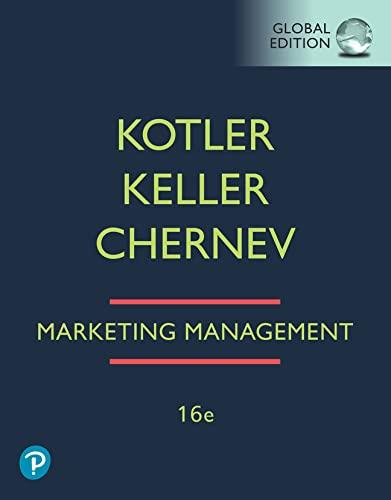Unilevermanufacturer of home care, food, and personal care brandseffectively uses marketing communication strategies to target specific age
Question:
Unilever—manufacturer of home care, food, and personal care brands—effectively uses marketing communication strategies to target specific age groups, demographics, and lifestyles. The company has developed some of the most successful brands in the world, including Axe, a male grooming brand, and Dove, a personal-care brand aimed at women.
The Axe brand (known as Lynx in the UK, Ireland, Australia, and China) launched in 1983, was introduced in the United States in 2002, and is now sold in over 70 different countries. Axe offers young male consumers a wide range of personal-care products such as body sprays, body gel, deodorant, and shampoo, which come in a variety of different scents. Today, Axe is the most popular male grooming brand in the world. Axe effectively broke through the clutter by finding the right target group and luring these customers with personal marketing messages that hit home.........
1. What are the customer value propositions for Dove and Axe? What are the similarities and differences between the brands?
2. Is there a conflict in the way Unilever markets to women and the way it markets to young men? Is making women sex symbols in Axe ads undoing all the good that might be done in the “Dove Campaign for Real Beauty”?
3. How should Unilever manage these brands in the future? Should it try to find a universal positioning that fits both brands?
Step by Step Answer:






